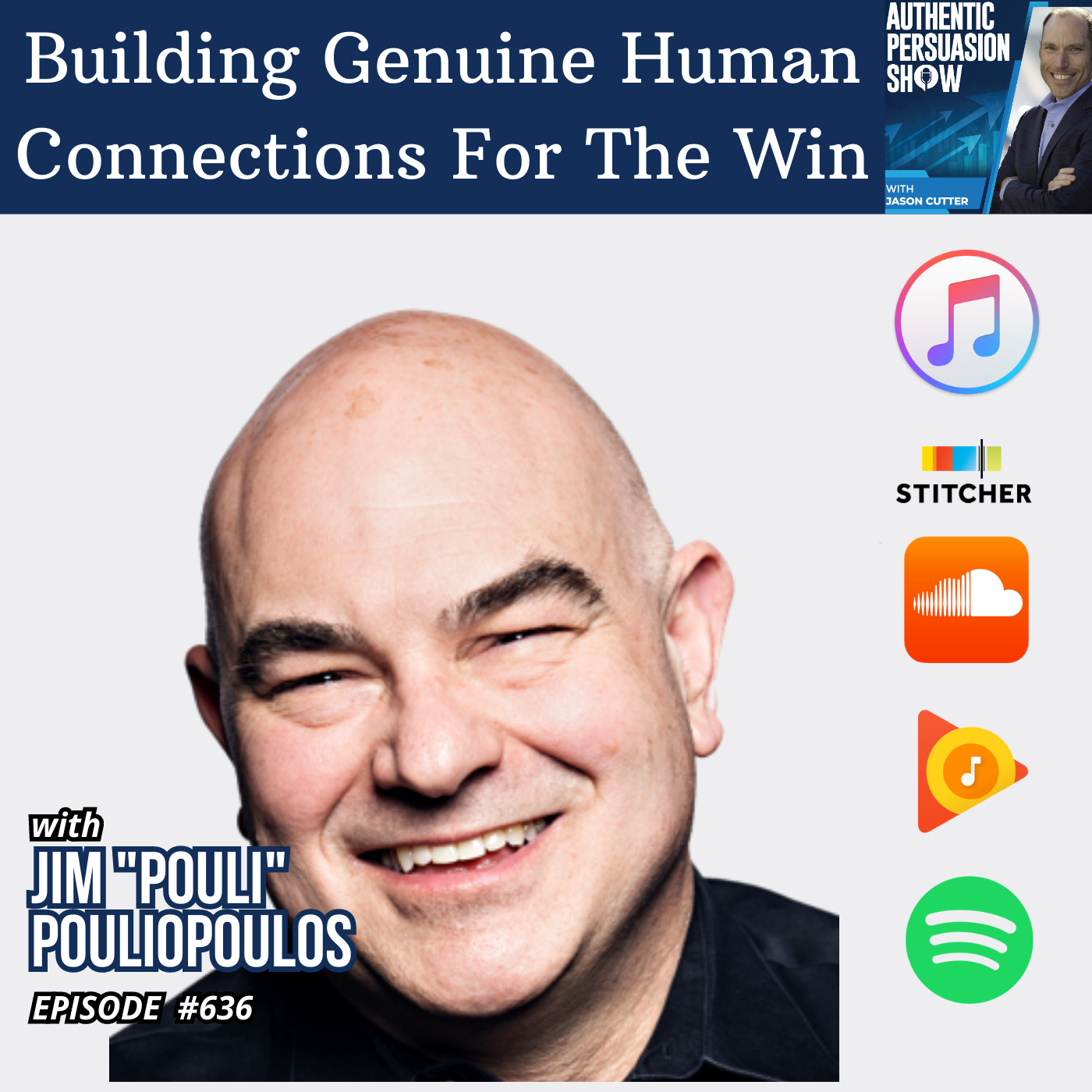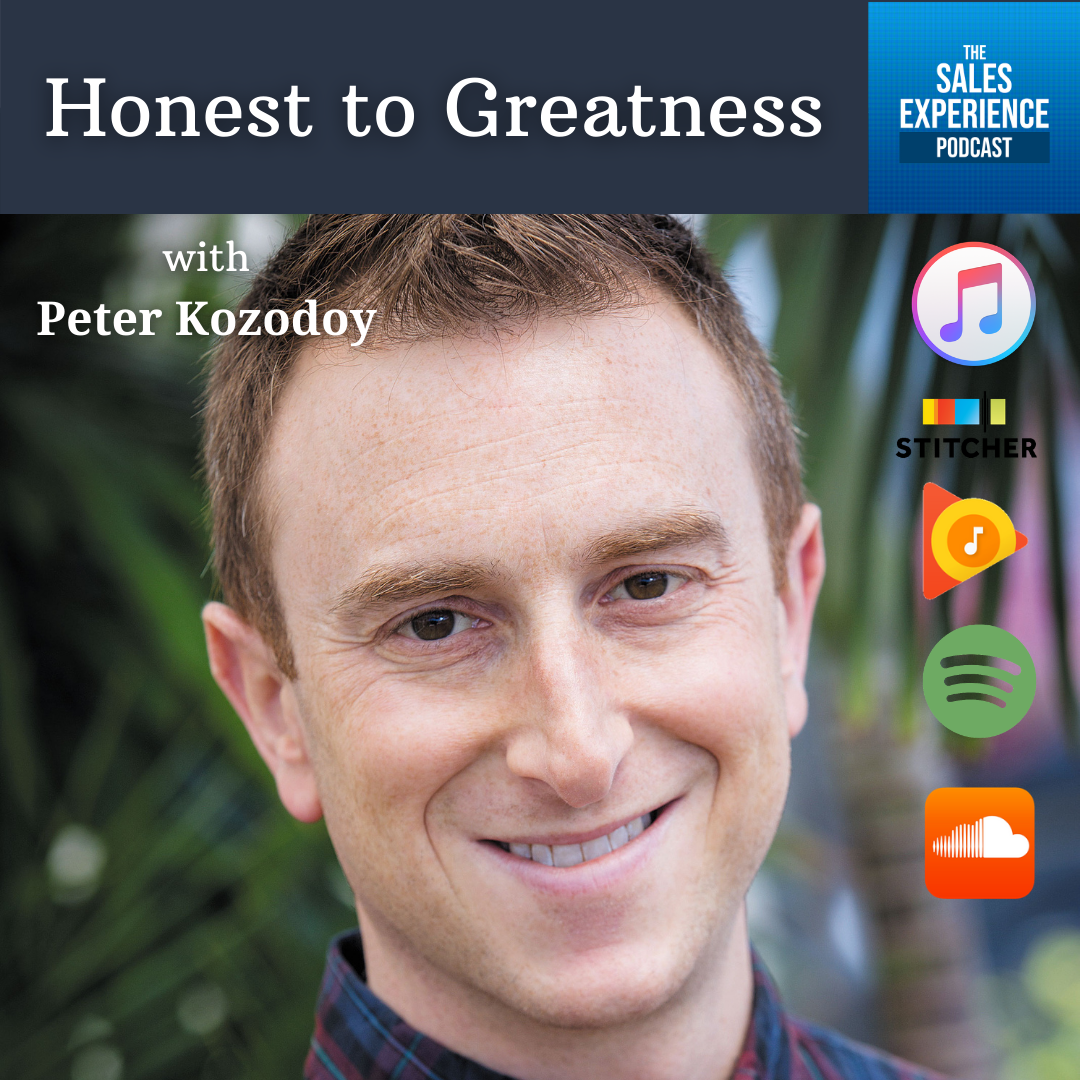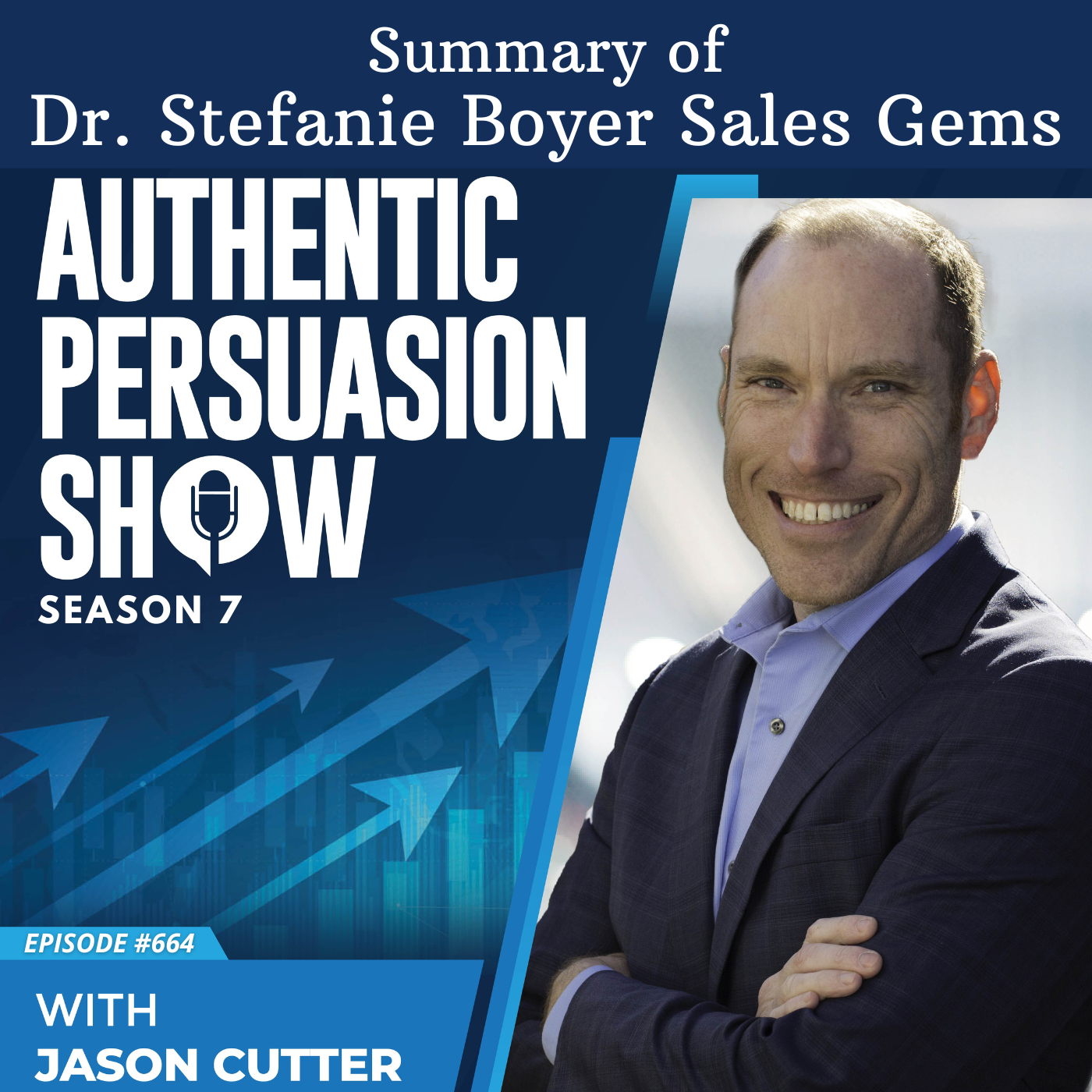Episode Transcript
Jason: Welcome to the sales experience podcast on this guest series. I have Yerun Korthout and he is the CEO and co founder of SalesFlare, which is an intelligent CRM built for small and medium businesses that are selling B2B. Most popular with agencies, fast growing startup companies. And it was founded by him and his co founder, Levin, where they wanted to change the way that CRMs are used by sales teams.
And in this conversation, we're going to start out talking about it. He's going to give a great description of that, just so that and it's really Trying to solve that problem with sales teams where there's an issue with tracking the data, keeping tabs on everything, data entry, and then the sailing side.
So I appreciate what he's done. It's now the most popular CRM on Product Hunt. It's operated on review platforms like G2 for its ease of use and automation features. He lives in Belgium. And we are just going to have a fun conversation, both about his platform and then also his view on sales, having seen it himself.
And then also seeing so many companies that succeed and don't succeed. We talk about his sales cycle kind of metrics and some observations that he's had. And then obviously what it means to be authentic and what persuasion is for him. So here we go. Enjoy this series and thanks for tuning in. Hey Arun, welcome to the sales experience podcast.
Very glad to be here. So I'm super excited to chat with you. And I think I say this about every one of my guests, but I truly love talking to anybody in sales, especially people in business and anybody who's, tackling or approaching the issue of CRMs and sales teams and the way that kind of works or doesn't work historically.
And I'm changing formats a little bit with some set questions versus just a back and forth, but this is the perfect one to start with. What inspired you to start sales flair?
Jeroen: So long story short, perhaps I used to be a salesperson at a marketing consultancy. It was a marketing consultancy for pharma companies to help them adapt to a new world where everything is digital.
And we used Salesforce internally. It was actually the very first CRM that I used. So I took it quite seriously and people told me that it would help me organize my sales. So I really tried to do that, like use all the different features for that. But I didn't really manage to make it work for me. I just went back to using my Outlook for my emails, Wunderlist for my tasks and some other systems, but not Salesforce because everything there seemed convoluted.
And I noticed that it was the same for my sales colleagues. And that actually our CEO really loved Salesforce because he could use it for management reporting. But that we also only use it to that extent. So we would just put stuff in for his reporting and it didn't really help us sell. So it didn't really make sense for us to use it beyond that.
And I didn't do anything with that inside, like for a few years until I was working with my co founder on another software company. And we had a ton of leads to follow up from a conference. And I knew a Salesforce wasn't going to help with that. So we had a good look around. We tested different CRMs. And what we noticed on top of the fact that Salesforce was not good for helping with sales is that all the other CRMs as well had the second issue, which was that.
They were very dependent on us, and they didn't fail because they were per se bad software, let's say, but because we didn't manage to fill them out. And we felt that we were expected by these software systems to be these perfect data input robots. And we weren't, and we figured that most salespeople weren't, and then we saw that all the data that we're actually inputting into a CRM is also data that is available in other places.
And as being a bit technical as well, we were thinking like, how can we make a system that automatically takes that data together, offers it to you and make sure that you can organize it in an easy way. So that includes email data. Calendar data, phone data, social media, company databases, email tracking, web tracking.
So the VAR system sits on top of all that data and makes it very easy for you to source it and curate it. So that it's basically a CRM that fills out itself with an ability for some manual data input. Where a lot of CRM systems nowadays are still manual data input systems that allow some automated data.
So that's when Salesforce was born. So intelligence serum sit on top of existing data, organizes it automatically. So you don't need to fill it out manually. And it also actively, back to my first point, helps you because we have the data on when you were last in contact about what and all those kind of things.
Actively helps you with following up your customers. It will, for instance, trigger you with Hey, it's been seven days that you haven't talked to that person and that person is in that stage. You might want to pick it up or there's this email you haven't responded to or something. So our biggest mission when we started Salesforce was to help salespeople focus on their customers, have a very easy and automated system, like not be distracted by software.
So they can perfectly follow up, don't drop any leads or deals, and don't have to spend their time on robotic tasks. That's still our biggest mission today.
Jason: And what's interesting in all of that, and obviously describing it is one thing, I've seen it and we've run through it. And I'm very familiar with the challenges that organizations, teams have with salespeople using CRMs.
It's potentially the single most universal bane of existence for both salespeople and then also leaders of organizations who Want to ensure that tasks get followed up on that leads get followed up on that things are nurtured, that clients are contacted, that the most juices is squeezed out of every single opportunity.
And it's interesting because you're absolutely correct. The normal CRM takes manual input by people and data recording and attention to detail. And generally, if we want to make a generalization, the kind of people who are in sales. They want to have conversations, they want to sell, they want to persuade, they want to use these other talents that they have and not be entering data all the time.
And what I found too, is that the really good data entering salespeople are generally not very good salespeople. They're better data entry than they are effective sellers.
Jeroen: And that's even, that can be the same person. Somebody cannot be selling very well and entering the data very well to have a something to show.
And then at some point that person starts selling well and starts forgetting the data because everything is good anyway. Why would you still fill out the CRM? And then that the system starts falling apart because there's no good data to rely on to properly follow up customers, know what's still in the pipelines kind of things.
And then that person that used to be selling well, again, starts selling worse. And then might maybe get back to filling out data, but then in a system that is not properly filled out anymore. So you're basically trying to fill a mess. You created a mess and then you're still trying to keep it alive and everything crumbles apart.
Jason: Yeah. And I've seen people like you mentioned, where they're entering their data. They're really good at entering. they're taking notes. Sometimes it's a way to procrastinate and avoid making phone calls and doing more sales effort, right? Because it's much easier to play and or hide in the CRM. So it's interesting because I've seen all of those kind of extremes and something like this.
I joke about it all the time in various ways, but it's 2020. Why are we manually entering anything anymore? You can just talk to your phone and get food delivered or have a car show up. And it's okay, why not take that to where you've taken it?
Jeroen: Yeah. Yeah, that's true. And there's a lot of consumer apps that go way further than things we use in business.
Especially what people use in enterprises. We are focusing on small and medium sized businesses because they move much faster than enterprises. Enterprises are, like, way behind. And so there's this huge discrepancy between what you use at home and what you use in the office. Which makes that people are getting extra frustrated.
It doesn't make sense. All right.
Jason: That's it for part one of my conversation with Jeroen Corthout. And hopefully you're enjoying this as we're going through and he's giving his perspective as a business leader, a founder, and also someone who ends up selling and has sold. So hopefully this is valuable and I will see you tomorrow for part two.
That's it for another episode of the sales experience podcast. Thank you so much for listening. If you find yourself on iTunes, can you leave the show a rating and a review? It helps other sales people and sales leaders find the show and please subscribe to the show and share episodes you find valuable with anyone you know in sales.
Help me on my mission of changing the way sales is done. And if you're ready to work together, go to Jason cutter. com. Again, that's Jason cutter. com. To find out how I can help you or your company create scalable sales success. I will see you on the next sales experience podcast episode and keep in mind that everything in life is sales and people remember the experience you gave them.
![[E291] Solving The CRM Problem, with Jeroen Corthout (Part 1)](https://episodes.castos.com/salesexperiencepodcast/images/Season-3-TSEP-Covers-6.png)


